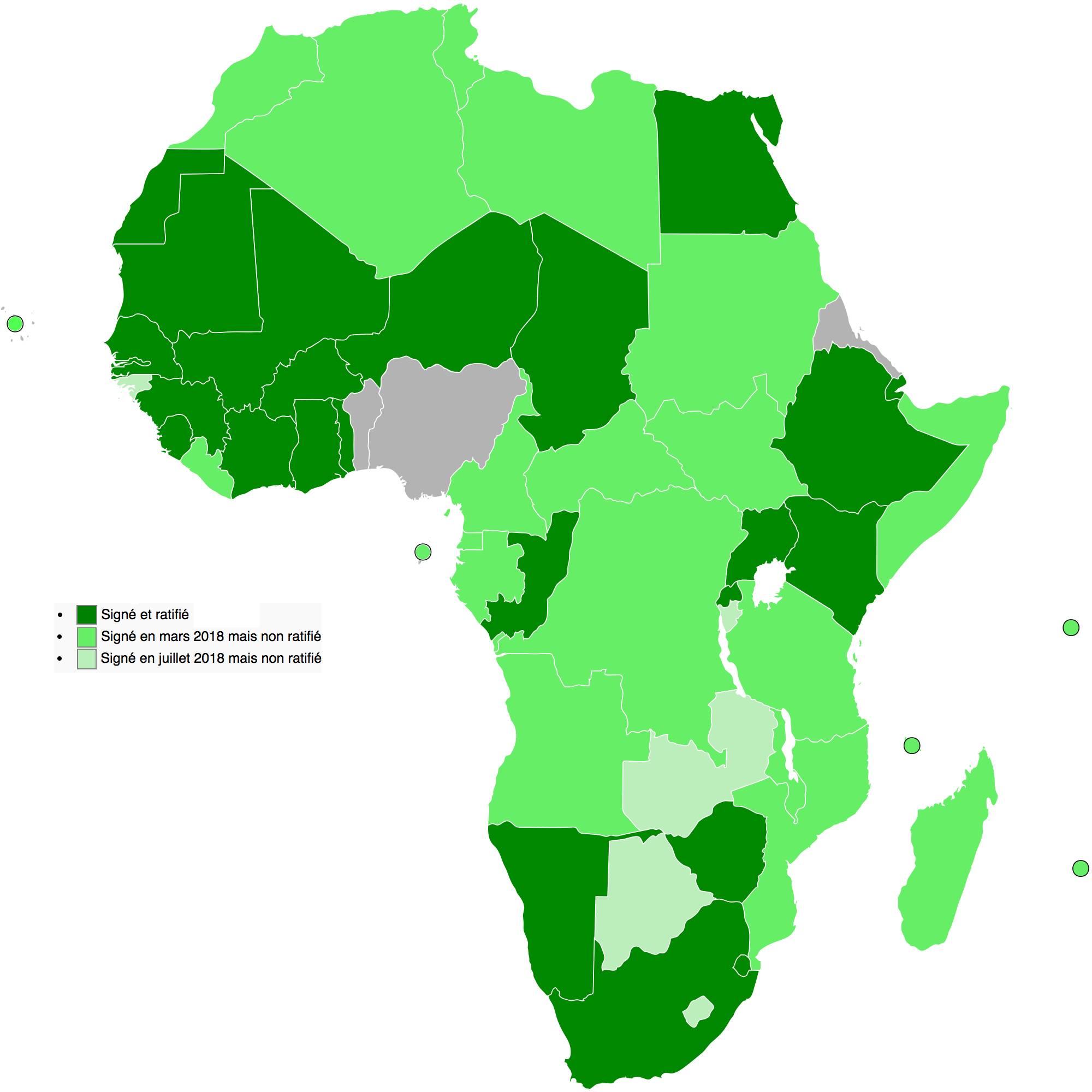Africa has long held immense potential for economic growth and prosperity. With a vast continent rich in resources and a population of over 1.3 billion people, the continent has the potential to become a global economic powerhouse. However, fragmented markets and trade barriers have hindered the realization of this potential. The recent establishment of the African Continental Free Trade Area (AfCFTA) is a groundbreaking step towards unlocking Africa’s economic potential and transforming the continent’s future.

Image: www.populationdata.net
The AfCFTA, signed in 2018 and launched in 2021, is the world’s largest free trade area. It creates a single market for goods and services across the continent, eliminating tariffs and other barriers to trade. This historic agreement brings together 54 African nations and aims to boost intra-African trade by 52%. The AfCFTA is a bold initiative that has the potential to transform Africa, generating economic growth, creating jobs, and reducing poverty.
Benefits of the AfCFTA
The AfCFTA offers numerous benefits to African countries and their citizens, including:
1. Increased Trade and Investment:
The elimination of tariffs and other trade barriers will make it easier for businesses to export their goods and services across the continent. This will boost intra-African trade, which currently stands at a mere 15%, and attract foreign investment.
2. Economic Growth and Job Creation:
The increased trade and investment will lead to economic growth and job creation. The World Bank estimates that the AfCFTA could boost Africa’s GDP by $76 billion by 2030 and create over 14 million new jobs.

Image: www.mindomo.com
3. Reduced Poverty and Inequality:
Increased economic growth and job creation will result in reduced poverty and inequality. The AfCFTA is expected to lift 68 million people out of extreme poverty and bring prosperity to the continent’s low-income countries.
4. Enhanced Competitiveness:
The AfCFTA will make African businesses more competitive in global markets. By harmonizing trade regulations and standards, the agreement will reduce the cost of doing business for African companies and enable them to compete more effectively in global value chains.
5. Structural Transformation:
The AfCFTA is a catalyst for structural transformation in Africa. It will encourage the diversification of African economies from primary commodity exports to value-added industries, leading to sustainable economic development.
Challenges and Opportunities
While the AfCFTA presents immense opportunities, it also poses certain challenges that need to be addressed. These include:
1. Infrastructure Deficiencies:
Weak infrastructure, including roads, railways, and ports, remains a significant barrier to intra-African trade. The AfCFTA will require investments in infrastructure to facilitate the movement of goods and services across the continent.
2. Non-Tariff Barriers:
Despite the elimination of tariffs, non-tariff barriers, such as technical regulations and sanitary and phytosanitary measures, can hinder trade. The effective implementation of the AfCFTA requires harmonizing standards and facilitating the free movement of goods and services.
3. Weak Productive Capacity:
Many African countries have weak productive capacity, making them dependent on imports for essential commodities. The AfCFTA can provide incentives for investment in domestic industries and promote value-added production.
4. Political Instability:
Political instability and conflict in some African countries can disrupt trade and hinder the full implementation of the AfCFTA. Ensuring political stability and peaceful conflict resolution is crucial for the success of the agreement.
New Africa Trade Agreement
Conclusion
The African Continental Free Trade Area is a transformative initiative that has the potential to unleash Africa’s economic potential and improve the lives of its citizens. By eliminating trade barriers, fostering investment, and promoting economic integration, the AfCFTA sets the stage for a brighter and more prosperous future for Africa. With continued commitment and collaboration, the continent can harness the power of the AfCFTA to create a more inclusive, sustainable, and resilient Africa.






